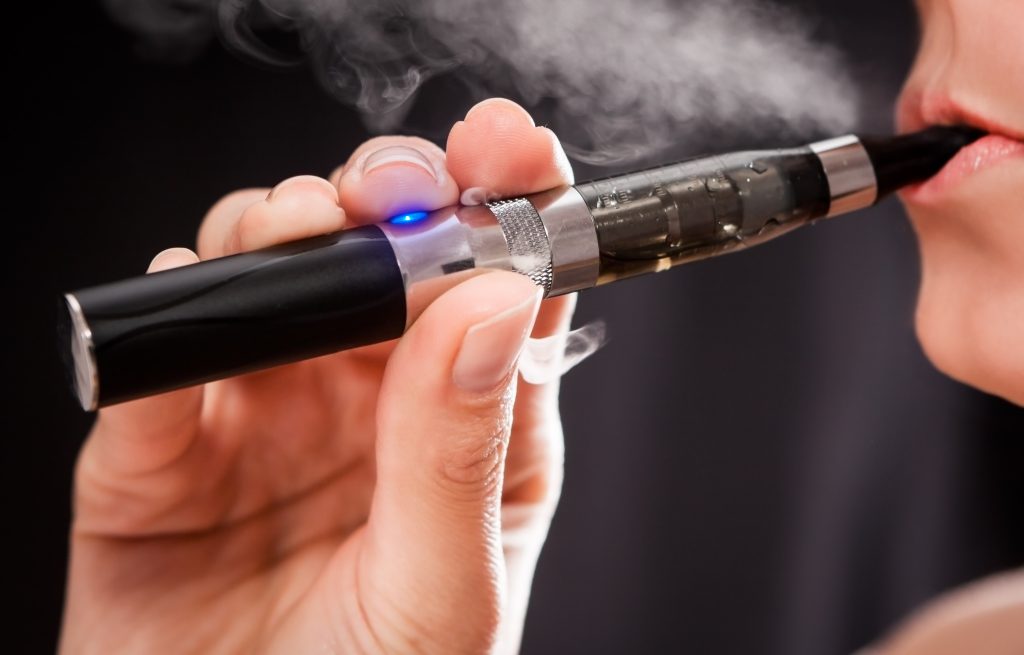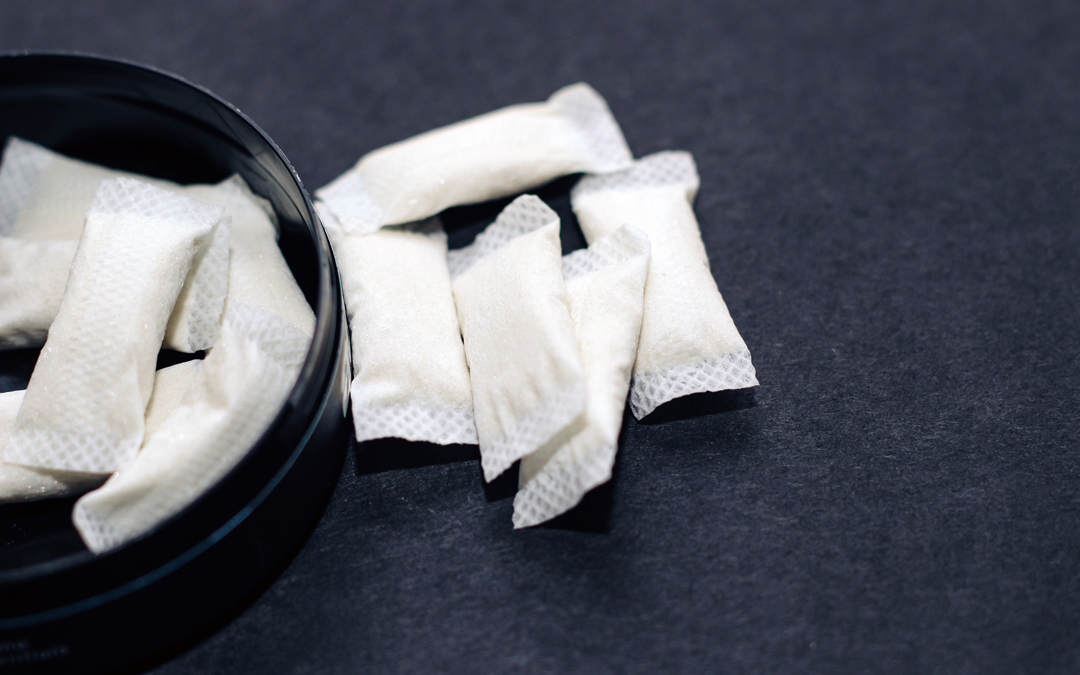Responding to a PMTA Deficiency Letter – What You Need to Know
Along the pathway of gaining FDA PMTA marketing authorization, you will likely receive a PMTA deficiency letter and a request from the U.S. FDA for more information, including scientific data, about the safety of your product as part of their substantive review.
PMTA deficiency letters are stressful. After months, if not years, gathering the required data to submit the PMTA, receiving notice that the information provided to the agency is incomplete is not good news. Nor is the deadline by which you must respond for your application to remain under consideration: 90 days. You need to act quickly.

What Does a PMTA Deficiency Letter Include?
PMTA deficiency letters will include lists of questions, usually technical in nature, the answers to which will help the Agency understand your product, the type of laboratory testing you have undertaken, and the results of those tests.
The Agency may also question whether your products are manufactured according to Good Manufacturing Practices (GMPs). FDA’s mission is to ensure the products under its jurisdiction are “appropriate for the protection of public health” (APPH). Your mission is to demonstrate to FDA that your product meets their stringent requirements.
Even though the agency sends PMTA deficiency letters when additional information is needed during a PMTA review, it will not send a PMTA acceptance letter upon a satisfactory completion. Instead, FDA sends a PMTA marketing authorization or PMTA marketing order at the conclusion of a successful PMTA application.
PMTAs Depend on Data-Driven Results
FDA must see safety data to make a marketing order determination. That data must be meaningful to the product in review and speak to its specifics.
In some cases, unique safety data must be generated through the design and execution of studies relevant to the information to be ascertained. In other cases, at least some of that data may be bridged from previously published relevant studies.
Regardless of where the data is generated, ensure it is comprehensive and answers FDA’s questions.
What Type of Data Does FDA Want to See in a PMTA?
A review of PMTA marketing authorizations on FDA’s website gives an indication of the types of tests FDA prioritizes as part of their substantive review.
- A measured assessment of biomarker exposures including, but not limited to, carbon monoxide (CO), cotinine, 2-cyanoethylmercapturic acid (CEMA), 3-hydroxypropylmercapturic acid (3-HPMA), and 4-(methylnitrosamino)-1-(3-pyridyl)-1-butanol (NNAL)) must be included as part of study design.
- Document complete chemical, microbial, and toxicological stability study data, including arsenic, free and total nicotine levels, aerosols, extractables, and leachables for both product components, parts, and the container closure system.
- The pharmacokinetic profile, the product’s environmental impacts, and any ingredient information referenced in the tobacco product master file (TPMF) will also be considered by FDA as part of their substantive review.
Labstat can perform the required tobacco and nicotine testing you need for a thorough PMTA submission.

How to Ensure You Follow TPMPs
FDA has proposed the establishment of Tobacco Product Manufacturing Practices (TPMPs) for finished and bulk tobacco products. The proposed rule, if finalized, would set forth the requirements with which finished and bulk tobacco product manufacturers must comply in the manufacture, preproduction, design, validation, packing and labeling, and storage and distribution of finished and bulk tobacco products.
The proposed TPMP rule would:
- Establish tobacco product design and development controls.
- Ensure finished and bulk tobacco products are manufactured according to established specifications.
- Minimize the manufacture and distribution of tobacco products that don’t meet specifications.
- Require investigations and identification of products that don’t meet specifications to institute appropriate corrective and preventive actions (CAPA).
- Establish traceability of all components or parts, ingredients, additives and materials, as well as each batch of finished or bulk tobacco product.
- Enable addressing of inconsistencies with e-liquid product labeling compared to the actual concentrations in e-liquids.
- Minimize or prevent the manufacture and distribution of tobacco products contaminated with foreign substances, such as metal, glass, and plastics, which have been found in tobacco products.
Learn more by watching this webinar from EAS Consulting Group, a Certified Group Company:
Following TPMPs will influence whether you receive a deficiency letter and your response if you do, so invest the time to understand the proposed rule and ensure compliance when it takes effect.
PMTA Deficiency Letter Preparation
Preparing to send a response to a PMTA deficiency letter requires just that – preparation, both laboratory and regulatory.
When FDA finds the PMTA data insufficient to complete their substantive review, first revisit data already generated to determine if needed data is actually available but was just not conveyed in the report. If better presentation of the data already collected will be sufficient, that saves time. In other cases, however, more data is required.
An understanding of what FDA is asking and how best to present the information is critical in a deficiency letter response.
The Clock Is Ticking
Remember, you only have 90 days to respond to a deficiency letter. If more time is needed, it can be requested of FDA but, depending on the circumstances, it may not be granted.
When the clock starts ticking, enlist a regulatory expert, such as EAS Consulting Group. They provide extensive experience in FDA’s Center for Tobacco Products (CTP) and can assist with understanding FDA’s information requests and how to interpret and analyze the data you have already gathered, saving valuable time.
When additional data is needed to satisfy FDA’s questions, choosing a laboratory with the technical capabilities required to solve for FDA’s questions is imperative. The laboratory that conducted your original tests submitted as part of the PMTA application may be able to provide the additional data FDA requires. But, it also may be valuable to assess why that laboratory allowed data gaps in the first place.
When a new laboratory direction is warranted, Labstat offers robust tobacco and nicotine testing capabilities.
No one wants to receive a PMTA deficiency letter, but with preparation and help from Labstat, you can overcome the challenge and be on your way toward a marketing authorization.



